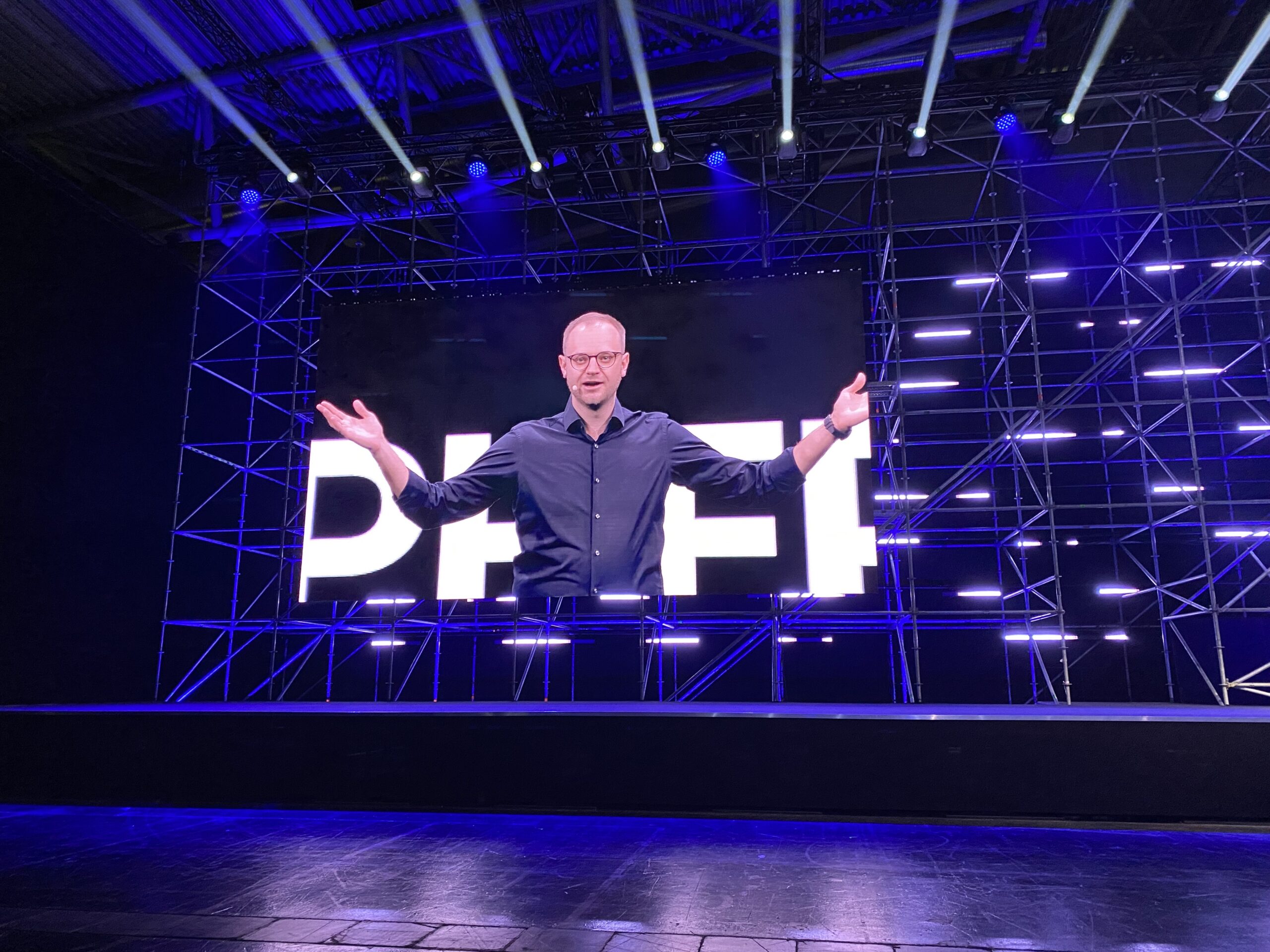Celonis kicked off its sixth annual conference, Celosphere, in Munich, Germany, with new AI announcements and a bid to continue bringing process intelligence to organizations in practical and collaborative ways.
With the proliferation of process mining and process intelligence, organizations are becoming more aware of processes not working the way they should, as broken processes quickly turn into broken promises (to clients, consumers and stakeholders alike).
Progressively complicating the organizational space has been the boom of ERP vendors in the 80s, customer relationship in the 90s and IT Service Management (ITSM) in the 2000s, forcing companies to fit in these separate brackets. This has made it harder for data to be accessed and used without silos by end users. “Because if you have more systems, you have more complexity and you end up having more problems, as things were already getting pretty complicated,” Alex Rinke, co-CEO and co-founder of Celonis, shared with the conference’s audience.
Explore related questions
With different types of cloud applications added to the mix, processes got longer “for really no good reason other than to accommodate the way all of these systems were set up. And that’s why we are here, because we don’t believe in a systems-first [approach] because even the best-run businesses in the world can run better if you can just make your processes work,” Rinke added.
With an array of customers including PepsiCo, Lufthansa, ENGIE, NHS trusts, various NGOs, Rabobank, Jaguar Land Rover, IKEA/ Ingka, Danone and Northwestern Medicine demonstrating how they’ve harnessed the power of connecting their enterprises with process intelligence over the two days of the conference, attendees dived into insights from key topics among AI, leadership and sustainability.
Introducing AgentC for more collaboration
After Celonis helped its users unlock $5bn in 2023 alone with process mining and intelligence, the company unveiled AgentC – a suite of AI agent tools, integrations and partnerships, at the conference.
Targeting to enable communities develop AI agents in the leading AI agent platforms, AgentC allows use of AI agents pre-built by partners and powered by Celonis Process Intelligence, enabling the detailed understanding of how the business runs and how to make it run more efficiently.
Celonis Process Intelligence assists with data and business context key to improving processes across systems, departments and organizations. This intelligence spans multiple systems, enriched with deep business knowledge and enables effective enterprise AI, intelligent orchestration and next-generation cloud applications.
Explaining the intentions behind these new additions, Rinke said: “There’s a clear gap between AI’s promise and what it’s delivering for enterprises. LLMs are impressive, but companies struggle to have them provide tangible business impact. Agents can automate workloads, but they lack the business understanding to do it effectively.”
In order to close this gap, “enterprise AI needs process intelligence – built with the process data and business context that only Celonis provides. AgentC ensures every agent our community creates is equipped with the business knowledge required to drive the right actions and outcomes”.
Helping create AI agents that know how business flows on users’ platform of choice, the first platform integrations include Microsoft Copilot Studio, IBM watsonx Orchestrate, Amazon Bedrock Agents and open-source developer environments like CrewAI. Additionally. As customers develop their agents, they can benefit from the support of dedicated consulting partners such as Accenture, IBM Consulting and EY.
For example, through Celonis’ integration with Microsoft Copilot Studio, users can identify use cases and the underlying root causes, build an agent fueled by Celonis Process Intelligence to solve the problem and roll it out via one of the leading AI agent frameworks. Users can then interact with the agent through the Microsoft applications they use daily, like Microsoft Teams.
In one example, a global technology company uses an AI agent in a partner platform to improve the process for customer funding requests. It predicts the likelihood that a request is to be rejected, notifies the applicant and the operations team that the request has a low chance of approval and prescribes the corrective action they should take.
In another case, a European packaging company built a copilot in Celonis that enables plant technicians to see spare part inventory levels in surrounding plants, allowing them to leverage stock transfers rather than ordering from suppliers.
The company also released several innovations that make the Celonis platform more scalable and easier to use, including:
- Celonis Data Core: Powers a step-change in speed and scale for ingesting data into Celonis, delivering 20x performance vs competition (general availability)
- New GenAI-powered user experience: Offers AI assistants to simplify bringing in data and building dashboards (limited availability)
- Networks: Extends the power of process intelligence by connecting companies to each other so every single process, within and across companies, can be optimized (beta)
- New use-case-specific apps from Celonis and partners: Accelerating value realization in logistics and transportation, the front office and banking (limited availability).




